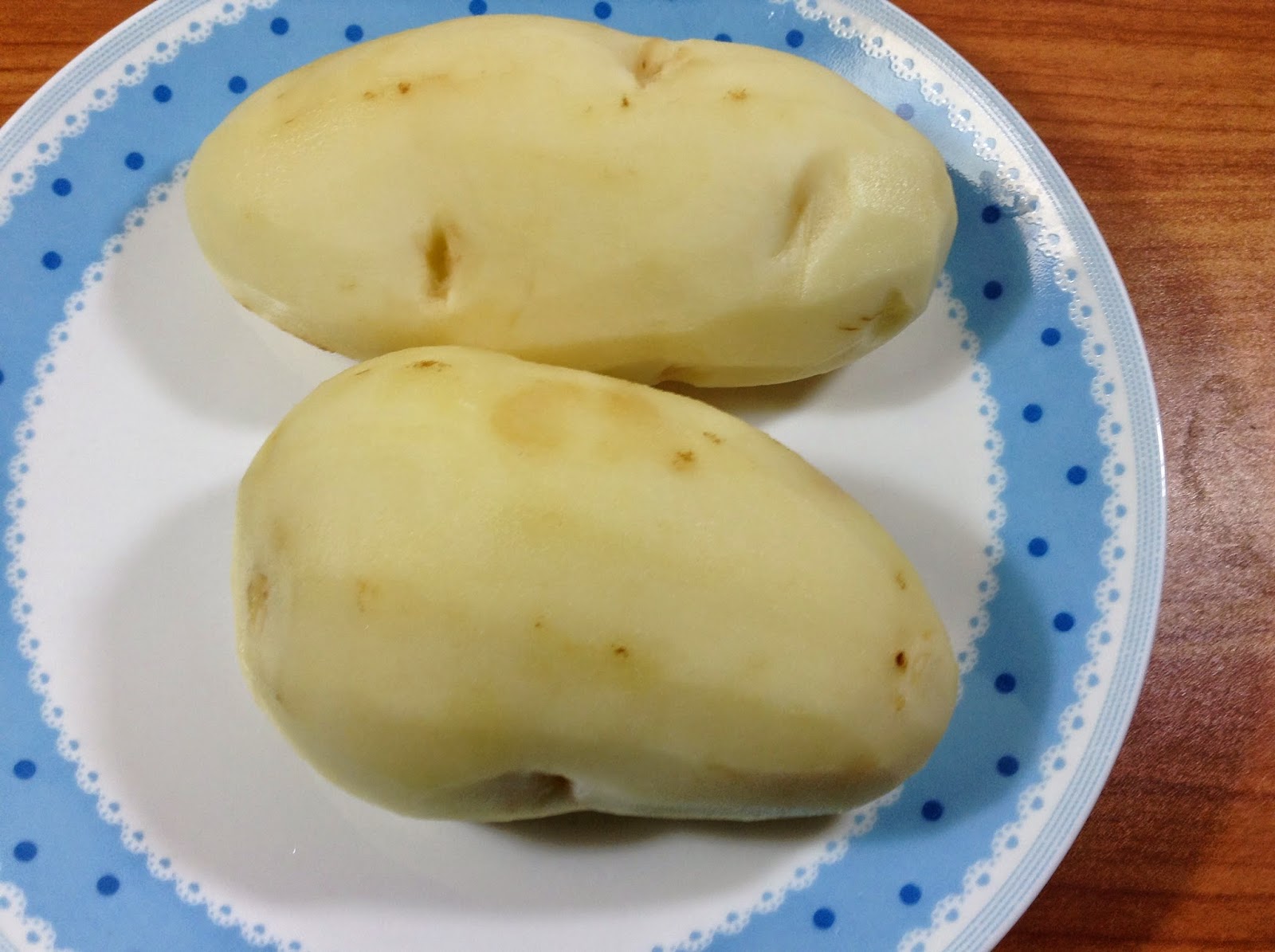 |
| Mixed vegetable rice with yogurt |
Carbohydrate is a sugar molecule and starches and fibres are essentially chains of sugar molecules. They fall into two major types: simple and complex. Complex carbohydrates were thought to be healthier than simple carbohydrates to eat. It turns out that the true picture is much more complicated than that.
All carbohydrates are processed in the digestive system in much the same way. It breaks down into a single sugar molecule small enough to pass into the blood stream. It also converts some of the carbohydrates into blood sugar (glucose), because cells use this sugar as an energy source. Therefore dividing carbohydrates into simple and complex does not explain what happens to the two types inside the body. Fructose or fruit sugar is a simple carbohydrate which affects the blood sugar level minimally.
 |
| Bread |
Glycemic index and glycemic load
A system called the glycemic index, categorizes carbohydrates based on how soon and how high they increase blood sugar level compared to pure glucose.There is one thing the glycemic index does not tell us, that is how much digestible carbohydrates it delivers. The sweet tasting watermelon has a very high glycemic index but since it consists mostly of water (as its name suggests), it delivers only a small quantity of carbohydrates to the body. That is why the scientists have developed a measure called glycemic load. The glycemic load of a food item is determined by multiplying the glycemic index by the amount of carbohydrate it contains.
Blood Sugar Level
But then why is blood sugar important? As the sugar level in the body rises, special cells in the pancreas produce more and more insulin and release it into the blood stream. Insulin is a hormone that signals cells to absorb blood sugar for energy or storage. As cells absorb the blood sugar, the sugar level in the body falls. When the blood sugar level is low, the other cells in the pancreas produce a hormone called glucagon which tells the liver to start releasing stored sugar. Thus the pancreas keeps the blood sugar level balanced all the time.
This is fine for a normal healthy person. In some people the balancing system does not work properly. Those with Type 1 diabetes do not make enough insulin and therefore their cells cannot absorb the sugar. People with Type 2 diabetes (also known as adult-onset diabetes) have a problem in that their cells cannot respond well to the ‘absorb’ signal of the insulin. This condition is known as insulin resistance. Even long after eating, blood sugar and insulin levels remain high. In the long run , the heavy demands made on the insulin-making cells wears them out. As a result production of insulin slows down, and then comes to a stop. Type 2 diabetes, some cancers and heart. Ailment may result from insulin resistance.
A sedentary life style, obesity and consuming food that contain more of processed carbohydrates can each lead to insulin resistance. A combination will be much worse.
 |
| Potato |
Using whole grain products adds good carbohydrates to the diet and is better than no carbohydrates.
Fibre is an exception and cannot be broken down into sugar molecules, and so it goes through the intestines in undigested form. Fibre comes in two varieties: soluble fibre that dissolves in water and insoluble fibre does not. Both types of fibre do not give any nourishment to the body but they perform a beneficial function in the digestive system. Soluble fibre binds with the fatty substances in the intestines and carries them out as waste, while lowering low-density lipoprotein (LDL or bad cholesterol). It also helps in lowering the blood sugar and lowers hunger. The latter is important for weight watchers.
Insoluble fibre assists in the movement of food through the intestinal tract, and helps in preventing constipation.
One gram of carbohydrates produces 4 calories, fats 9 calories and protein 4 calories.
For an over view of Nutrition visit this page in this blog.
Ivy Fernandeshttps://plus.google.com/1093706883459317135690
No comments:
Post a Comment